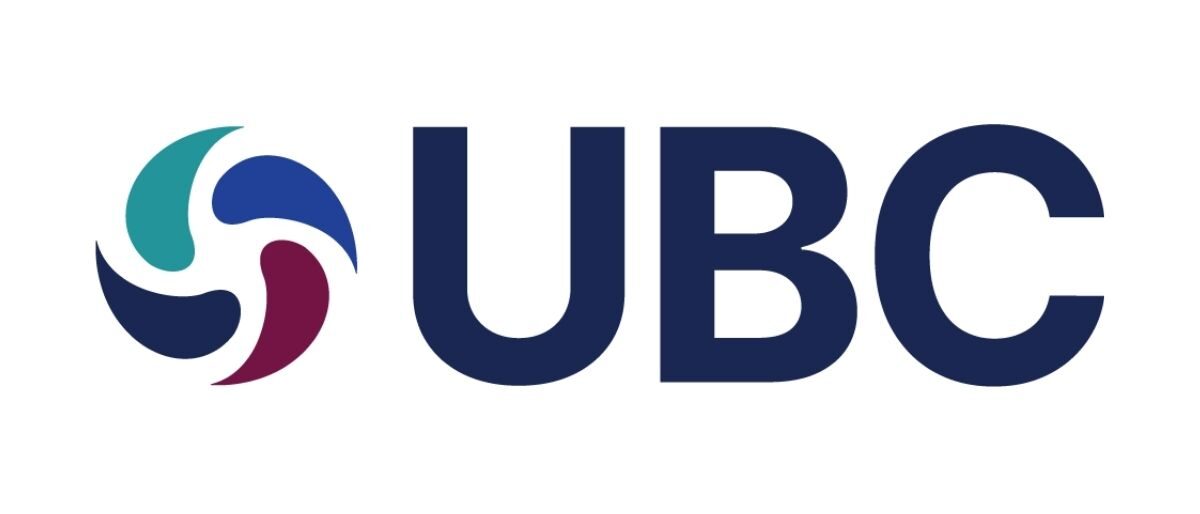Recent regulatory guidances1 about use of real-world data (RWD) and the resulting real-world evidence (RWE) to support product approvals and post-marketing requirements have created an increased urgency to establish standardized, transparent processes that build trust in RWE generation. RWD can be routinely collected from diverse sources: electronic health records, medical claims and billing data, product or disease registries, patient-generated data, and literature reviews. Each data source offers unique strengths and limitations. A rigorous and study-specific scientific evaluation of the fitness of a real-word data source is essential in choosing the most appropriate data sources to conduct a study. Today, we are going to showcase one of our feasibility assessment studies to assess the landscape of RWD that can support a post-authorization safety study for a novel therapy of a hereditary muscular disorder.
UBC recently conducted an in-depth multi-country feasibility assessment involving multiple disease registries to identify the “fit-for-purpose” registries for conducting a PASS. The objectives of the feasibility were to evaluate 1) the data elements documented in the disease registries in relation to specific safety outcomes in patients treated with a novel medical product, and 2) whether any of the disease registries met the key criteria (beyond the reliable identification of key safety outcomes ) to fulfil requirements of the PASS, including appropriate data collection methods, frequency of data capture, data quality and data accessibility. UBC’s team of epidemiologists performed the assessment by first identifying existing disease registries which include patients with the hereditary muscular disease that could provide data to support the PASS. Next, a customized feasibility questionnaire (FQ) was sent to each identified registry to obtain information on population size, data variables, mean length of follow-up of their patient cohort, patient privacy protection, data sharing and data governance policies. Meetings with key registry personnel were held to review PASS objectives and responses to the FQ. A final assessment of data relevance and reliability was conducted after registries shared their data dictionaries/case report forms.
The in-depth feasibility assessment was successful in identifying 3 registries to support the Sponsor’s PASS study. All of them were determined to contain the key study variables to provide quality data on safety assessment, patient characteristics, natural history and current management of the hereditary muscular disease. Additionally, the feasibility assessment confirmed that the current number of patients with the hereditary muscular disease and the number of patients expected to be enrolled annually would be sufficient if data from all 3 registries were included to create the required prospective study cohorts. However, to integrate all 3 registries, resolve inconsistencies across the data sources (e.g., data structure, frequency of data collection, missing data) can be challenging. A key challenge to harmonizing the data sources was that some variables were not collected by all 3 registries. To resolve missing data, it was necessary to ensure that each registry was willing to add data elements to their core data set and/or to go back to originating sources to obtain missing data.
It is essential to conduct a scientific evaluation of the fitness of a RWD source for a given study. UBC has a multi-disciplinary team of epidemiologists, clinicians, and biostatisticians providing expert guidance every step of the way in identifying the most appropriate RWD and transferring them into RWE to support the success of your study. For additional information and/or guidance on the conduct of a feasibility study, contact us HERE for more information.
REFERENCES
1. U.S. Food & Drug Administration. 2023. Real-World Data: Assessing Registries To Support Regulatory Decision – Making for Drug and Biological Products. Accessed November 7, 2025.
2. U.S. Food & Drug Administration. 2024. Real-World Data: Assessing Electronic Health Records and Medical Claims Data To Support Regulatory Decision – Making for Drug and Biological Products. Accessed November 7, 2025
3. U.S. Food & Drug Administration. 2023. Considerations for the Use of Real-World Data and Real-World Evidence To Support Regulatory Decision – Making for Drug and Biological Products. Access November 7, 2025
4. European Medicines Agency. 2024. Guide on real-world evidence provided by EMA: support for regulatory decision-making. Access November 7, 2025
5. European Medicines Agency. 2025. Real-world evidence framework to support EU regulatory decision-making: 3rd report on the experience gained with regulator-led studies from February 2024 to February 2025
About UBC
United BioSource LLC (UBC) is the leading provider of evidence development solutions with expertise in uniting evidence and access. UBC helps biopharma mitigate risk, address product hurdles, and demonstrate safety, efficacy, and value under real-world conditions. UBC leads the market in providing integrated, comprehensive clinical, safety, and commercialization services and is uniquely positioned to seamlessly integrate best-in-class services throughout the lifecycle of a product.

About the Author
Sunning Tao, Sr. Epidemiologist, Epidemiology and Real-world Evidence
Sunning has more than 17 years of working experience in pharmacoepidemiology, analyzing large and retrospective databases, and prospective registries data across multiple disease areas. Her passion is in conducting database studies, including identifying “fit-for-purpose” database(s) or registries feasibility assessments.





